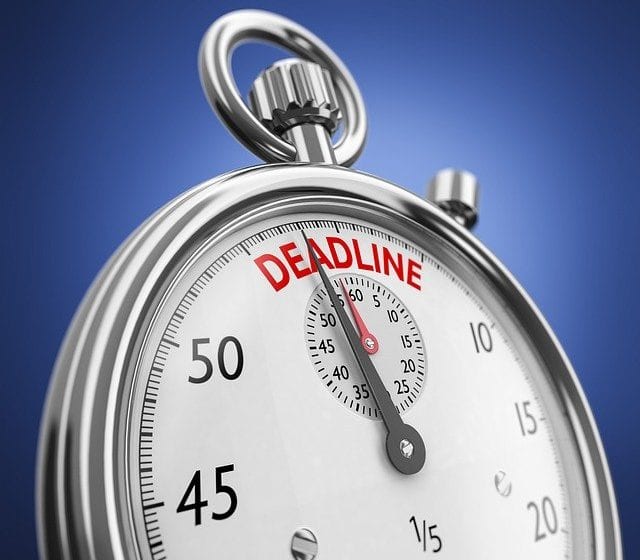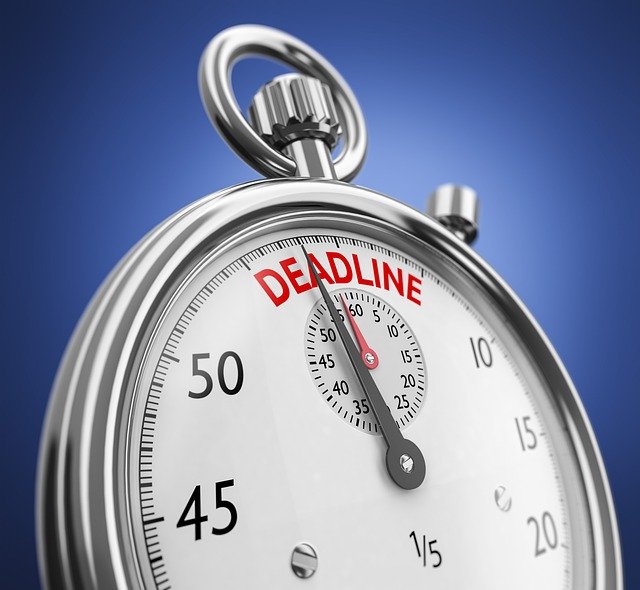Stay of Execution
- Print Edition Regulation
- May 1, 2020
- 0
- 0
- 9 minutes read


The postponed due date for premarket tobacco product applications is unlikely to help those who weren’t ready for the May 12 deadline.
By Kenneth Robeson
In 2009, the Family Smoking Prevention and Tobacco Control Act authorized the U.S. Food and Drug Administration (FDA) to regulate cigarettes, smokeless tobacco and roll-your-own tobacco. This federal law requires products introduced to the marketplace after Feb. 15, 2007, to receive marketing authorization from the FDA prior to being offered for sale. The same marketing authorization requirement was later extended to cigars, pipe tobacco, electronic cigarettes, vapor products, hookah and alternative nicotine products, effective Aug. 8, 2016.
The deadline to file premarket tobacco product applications (PMTAs) has changed several times. Following a lawsuit by public health groups, the District Court of Maryland in July 2019 ordered the FDA to bring forward its due date from Aug. 8, 2022, to May 12, 2020.
After the coronavirus erupted, the FDA requested a 120-day extension, citing lab and research organization closures, travel restrictions and the reallocation of some Center for Tobacco Products employees to the U.S. Public Health Service among other reasons that were making it difficult to review applications.
On April 22, a U.S. court granted the FDA’s request, postponing the deadline to Sept. 9, 2020.
While the ruling is welcome, the disruption caused by the coronavirus does not necessarily buy time for applicants, many of whom are confronting the same obstacles to their operations as the FDA. Before the coronavirus hit the U.S. in full swing, Tobacco Reporter assessed the industry’s preparedness for the May 12 deadline. Because the Covid-19 crisis has stalled many corporate activities, the conclusions of our assessment are likely to be just as valid for September as they were for May.
So, is the industry ready?
“Not as a whole,” believes Barnaby Page, editorial director of London-based ECigIntelligence and TobaccoIntelligence, a provider of global market and regulatory analysis, legal tracking and quantitative data for the e-cigarette, heated tobacco and combustible alternatives sector. “Many of the more well-resourced and clued-up companies are ready; many of the others are not.”
The reason, Page thinks, is that the requirements of the PMTA process “will certainly have been a difficulty for many smaller companies. But it is also fair to say that much of the industry ignored the issue for a long time even while it was obviously coming—and that even if the PMTA deadline were another two years away, many companies probably still wouldn’t be ready,” he says. “So I certainly don’t think it can be blamed entirely, or even substantially, on the change in deadline [from Aug. 8, 2022, to May 12, 2020].”
“The question of readiness is irrelevant,” insists Darryl Jayson, vice president of TMA, a member-driven nonprofit source of industry information and a convener of stakeholders. Vapor product manufacturers and importers must file their PMTAs with the FDA Center for Tobacco Products (CTP) by the deadline, he argues, and cigar and pipe tobacco manufacturers and importers must file their substantial equivalence (SE) reports by the deadline. “If the application is in any way incomplete, the FDA CTP, through its case worker, will contact the applicant and work toward a complete application. The burden of work for an SE applicant is less than that of a PMTA applicant.”
All PMTA and SE applicants are currently working toward the deadline, Jayson emphasizes. “A company starting at this late date—early March—would not be able to adequately issue an initial draft of the application,” he says. Product testing remains paramount for all PMTA applicants, who must accompany their applications with population studies.
For retailers, Jayson continues, the FDA CTP will issue sales bans for those products that are not within the PMTA/SE process. Retailers are to follow these sales bans and pull all illegal product off their shelves or web menu lists. For consumers, says Jayson, the deadline might mean that some of the tobacco/vapor products that they use may no longer be for sale [on] the U.S. market.”
Buying time
For a company that has not yet started preparations, time is now tight, Page warns. Submitting bare-bones applications for a very limited number of products “just might buy them enough time to get fuller applications in place.” In the meantime, planning for the removal of some products from the market “would be wise. And some companies, of course, are looking at markets outside vapor—for example, CBD—to avoid the PMTA process entirely or minimize its impact on them.”
For retailers and consumers, Page predicts, the immediate impact will be negligible. Longer term, some brands and product lines will undoubtedly disappear from the market, but most consumers will be able to find a substitute. “Vape stores could be badly hit. Our research suggests 20 percent-plus could close, though exactly how strong this impact is depends on what is and isn’t approved by the FDA.” The market “will likely be less confusing due to a smaller number of products, and at the low end, there could be less price competition.”
“I think [the PMTA deadline] is going to get delayed anyway,” noted Ed Kashouty before the coronavirus hit the U.S. Kashouty is the owner of cigar maker Hiram & Solomon, which is based in Nicaragua, has offices in Brick, New Jersey, and distributes across Florida. “We are not ready for it,” he says. “We have no clue what it’s going to take because the FDA has no clue about what they are going to do. What we have heard is that any product sent to [the] FDA for approval is going to take two or three years anyway; they have no guidelines themselves on what they want.”
At present, adds Kashouty, who also owns and operates the Lakewood Exxon convenience store in New Jersey, “it doesn’t mean very much for us. But some of our product we may not be able to display anymore because they are not pre-2007.” The inevitable result, he figures, will be that “the big companies like General Cigar are going to pump more cigars [onto] the market. The new companies are going to disappear.”
As yet, it is not known how many applications will be submitted “or, crucially, how many will be approved,” Page notes. “But assuming the number is more than minimal, the outlook for consumers and the retail industry as a whole is not terrible, though there’s much more risk for vape stores than for mainstream retail.” For manufacturers, “it’s either very positive or highly negative, depending on the FDA’s response.”
Leaving aside legal challenges that he characterizes as “probably more hopeful than realistic,” Page feels the biggest complaint probably concerns the requirements of the PMTA process in terms of demonstrating a product’s effect on public health. “A lot of information is required.” However, he continues, the FDA has taken definite steps to make this easier without destroying the value of the process, and many other regulated industries have to put up with similar regimens. “It’s simply that the vapor industry is not accustomed to it.”
So what will the landscape look like after the filings?
Page says it is impossible to say at this stage. “The first approvals may provide an indicator of what the FDA is looking for. Its decision on Juul applications will also be significant. And, beyond the PMTA process, how well IQOS fares in the market over the next year to 18 months is also a potentially game-changing factor.”
Industry players need to know today “only that the time for railing against the injustices of the PMTA system is probably past,” Page concludes. “More important now is to figure out how to work within it.”

